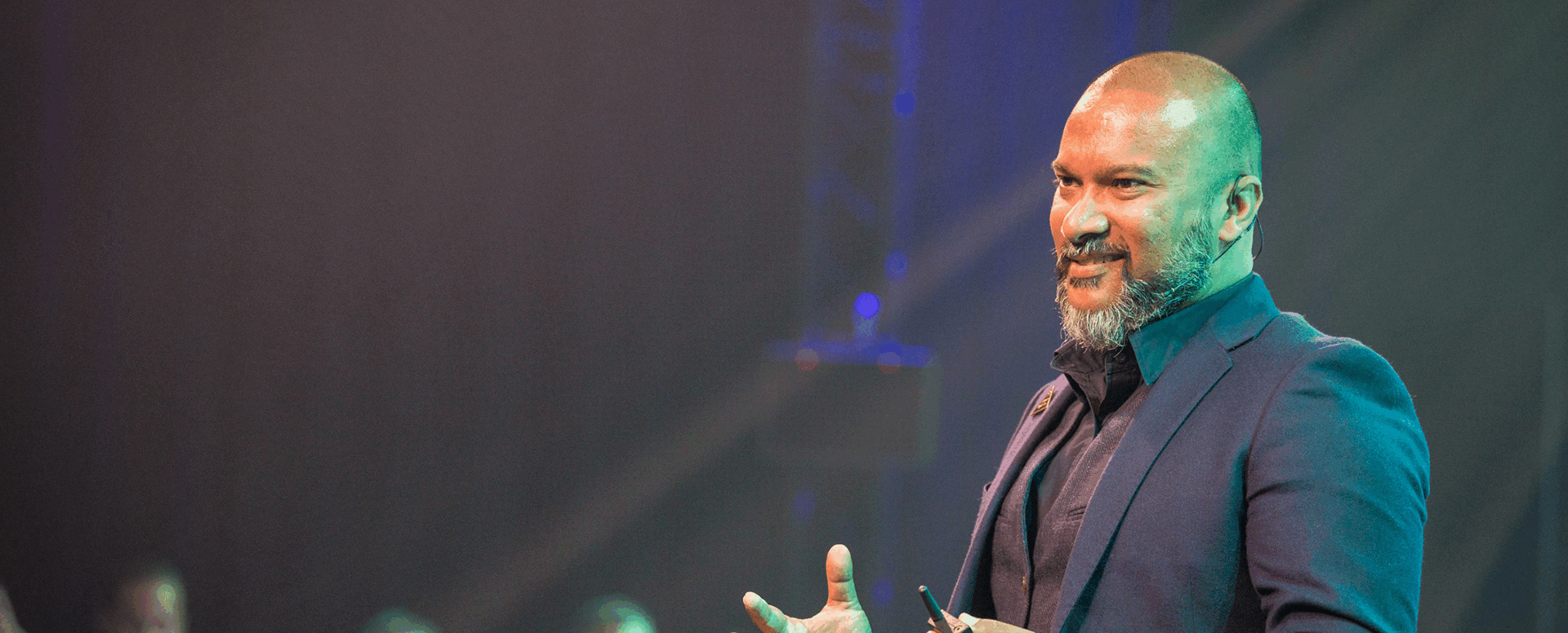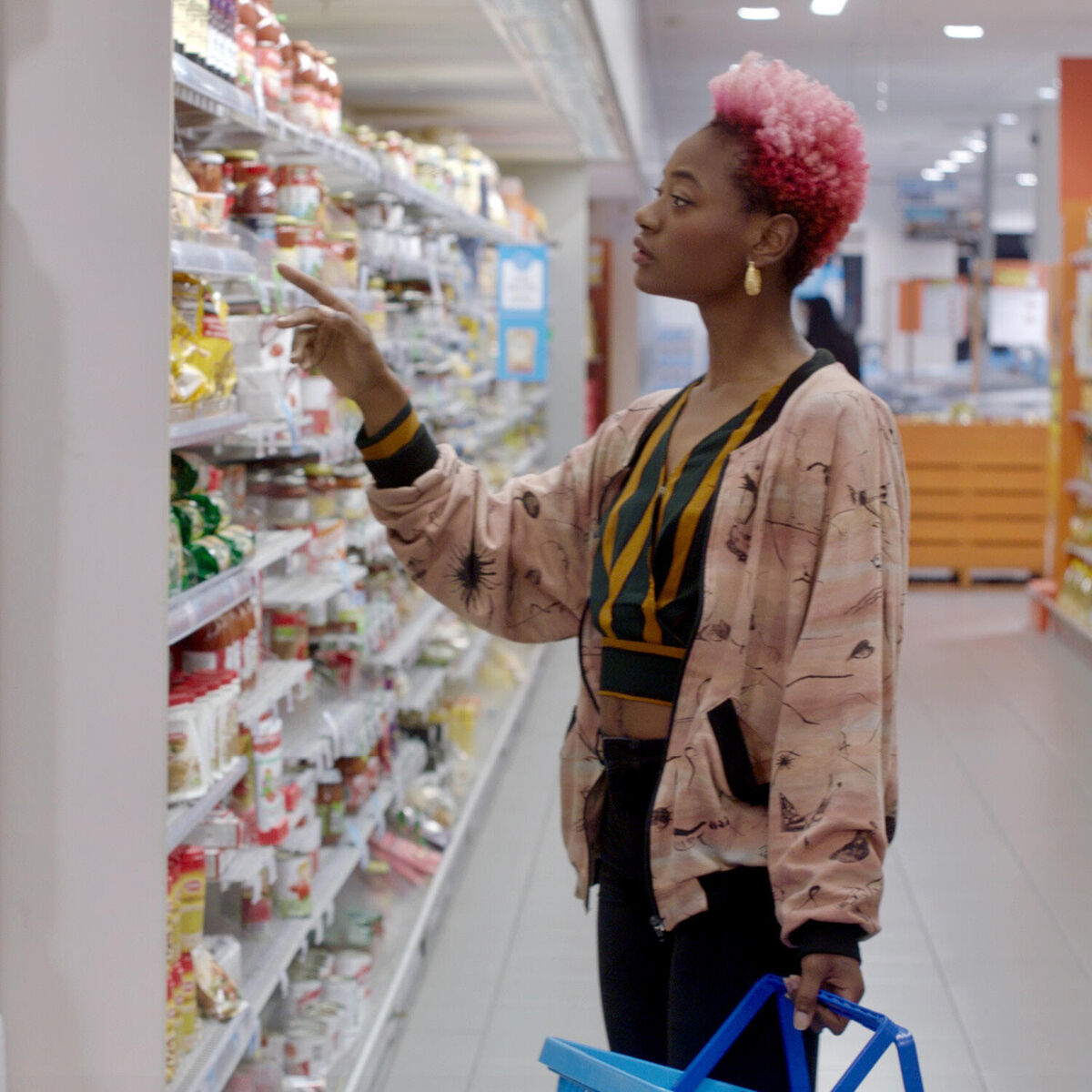
Commercial operators who believe they can only succeed by being more ruthlessly commercial and cutthroat than their competitors may be in for a surprise. Today’s elite weapon of choice is more like a magic wand that dispenses an irresistible mix of goodness, purpose and happiness. Is this naïve, or just good business sense in the 21st century? Afdhel Aziz, Founder and Chief Purpose Officer at brand purpose agency Conspiracy of Love, spoke about how ‘good is the new cool’ at the RLC in September, and his ideas are too interesting not to share with you.

Afdhel, why do you think that doing good is good for business?
Because the global sales figures prove it. Consumers are voting with their wallets. An enormous proportion of corporate growth is now coming from sustainable products and brands. Take electric cars: people buy them because they represent a purpose, not because they’re cheap – which of course they’re not. Organic foods are no longer just a niche interest. Materials that replace plastic packaging are being welcomed with open arms. Companies that have an active purpose beyond just selling things are attracting greater consumer interest and sales, and this trend is only going to accelerate.
So are we actually entering a new kind of commercial era?
We’re already there. People are searching for more morality and meaning in their lives, and that includes where and how they shop. Some of the coolest brands are also the ones doing good. They’re the ones that are sourcing their raw materials ethically, reducing their environmental impact, paying their workforces properly and embracing worthwhile causes. Consumers are applauding – and rewarding – such initiatives.
How and why has this shift occurred?
People are more connected than ever before, which means they’re more aware of the problems around the world and in their own societies. They are taking their cues from the architects of cool – such as musicians, directors and athletes – and amplifying their voices on a grand scale. Social media platforms have made activism accessible and acceptable in everyday life. Expressions of conservative, nationalistic sentiments such as Trumpism and Brexit are actually stimulating their own counter-balance: grass-roots movements embracing diversity and inclusion. The irony of this is that we’re now experiencing a rise in political engagement, the likes of which we probably haven’t seen since the 1960s. Consumers are very aware of the power they have, and they’re exercising it to shape the kind of world they want to live in.

Isn't that over-idealistic?
I’m a realist and so are the CEOs of the companies I work with. They know they have to evolve – and fast – because consumers don’t want to do business with brands that make them feel bad. Nasty brands get a bad name very quickly these days, and nobody wants to be associated with them. People get a positive feeling from interacting with brands that do good things. This leads to a virtuous – and profitable – circle.
Ah yes - the money, what's the bottom line?
We need to change our attitude to doing good. It’s cynical to just view it as a cost that impacts your profitability. Corporate social responsibility is not a deadweight: it’s a huge opportunity. For instance, there are trillions of dollars out there just waiting to be unlocked by companies working to meet the UN’s Sustainable Development Goals. The realisation that goodness and profitability can be mutually beneficial is transforming the whole nature of organisations, especially as vacancies are more likely to be filled if they offer potential employees a purpose along with a paycheck. Young people in particular want to use their skills for more than making money. They need to experience a sense of purpose both during their professional lives and in the choices they make outside work.
What's the most important single lesson you'd like retailers to learn?
Know your purpose. Realise why you exist as an organisation, other than to make money. Work out why you should be worth including in people’s lives. If you don’t, why should they want you around when they have so many other options? Think about this!
Hearts & Wallets is the official magazine of BrandLoyalty. It is a magazine for people working at the highest levels of the food retail industry. The goal of Hearts & Wallets is to come up with real insights on - and answers to - current issues, while offering its own individual interpretation as food for thought.
Published in February 2020.

See more consumer insights
Do you want to see more articles and fact-based insights out of our consumer studies? Go back to the overview page.
Go to overviewWant to receive Hearts & Wallets?
Hearts & Wallets is available to you digitally or in print, to add your name to the distribution list contact us below.
Request Hearts & Wallets